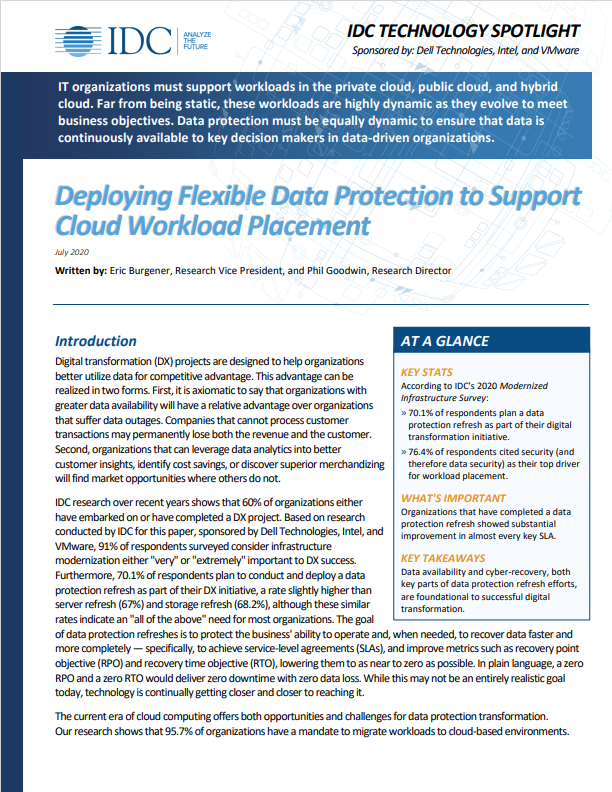Going for gold in business continuity
Business of IT: London 2012 has the potential to bring serious disruption to some companies, making now a good a time to update business continuity plans.

The clock to London 2012 is counting down. Heathrow airport has built a new, temporary terminal. Transport for London is painting Olympic express lanes on the streets, and roadworks have been suspended. Even postal delivery times will be changed during the Games.
We have done a lot of work with the public sector and local government bodies that will be directly or indirectly affected by the Games.
The Olympics will be a sporting spectacle, but there is also no doubt that it could bring no small measure of disruption to businesses in and around the capital.
Already the Government has advised companies to ask non-essential staff to work from home, and others to stagger their journeys.
And, even if everything at the Games goes according to plan, congestion and other issues such as the anticipated spike in internet usage could cause problems for firms' day to day operations.
The Civil Service has already tested extensive home-working arrangements, and companies such as mobile operator O2 have run comprehensive testing days. But not all enterprises are so well prepared.
Proper planning
Get the ITPro daily newsletter
Sign up today and you will receive a free copy of our Future Focus 2025 report - the leading guidance on AI, cybersecurity and other IT challenges as per 700+ senior executives
Business continuity planning is one of those tasks that can be frequently overlooked. Even companies that have a detailed plan in place often fail to keep it up to date or test it.
The Government has issued a comprehensive guide to contingency planning for the Olympics. But the general principles of business continuity planning and disaster recovery still apply.
The international Business Continuity Institute is a valuable resource for IT professionals that want to boost the resilience of their organisations.
However, although there are plenty of technical solutions on the market from virtualisation to backup software technology is, in many ways, less important than the plan itself, and the people who carry it out. In some cases, these plans mean keeping technology and people apart.
-
 Women show more team spirit when it comes to cybersecurity, yet they're still missing out on opportunities
Women show more team spirit when it comes to cybersecurity, yet they're still missing out on opportunitiesNews While they're more likely to believe that responsibility should be shared, women are less likely to get the necessary training
By Emma Woollacott
-
 OpenAI's new GPT-4.1 models miss the mark on coding tasks
OpenAI's new GPT-4.1 models miss the mark on coding tasksNews OpenAI says its GPT-4.1 model family offers sizable improvements for coding, but tests show competitors still outperform it in key areas.
By Ross Kelly
-
 Veeam snaps up former Gigamon channel chief Larissa Crandall
Veeam snaps up former Gigamon channel chief Larissa CrandallNews Industry veteran will lead Veeam’s channel business as vice president of global channel and alliances
By Daniel Todd
-
 How much is 99.999% uptime actually worth?
How much is 99.999% uptime actually worth?In-depth Many service providers claim 99.999% uptime, but what does this actually mean?
By Barclay Ballard
-
 Deploying flexible data protection to support cloud workload placement
Deploying flexible data protection to support cloud workload placementWhitepaper Why data availability and cyber recovery are foundational to successful digital transformation
By ITPro
-
 RiverMeadow unveils multi-cloud disaster recovery solution
RiverMeadow unveils multi-cloud disaster recovery solutionNews The new capability helps protect VMware vSphere workloads both on-premises and in the cloud
By Praharsha Anand
-
 US government warns of increased risk of ransomware over holiday season
US government warns of increased risk of ransomware over holiday seasonNews CISA and FBI issue joint statement warning organizations not to let their guard down
By Rene Millman
-
 Property firm cyber attack leaves home movers in the lurch
Property firm cyber attack leaves home movers in the lurchNews Simplify Group customers were left unable to move house due to a systems outage
By Zach Marzouk
-
 Free decryptor key for REvil/Sodinokibi ransomware released
Free decryptor key for REvil/Sodinokibi ransomware releasedNews The key was made possible thanks to a collaboration between law enforcement and Bitdefender
By Rene Millman
-
 Datto launches its business continuity solution for Azure
Datto launches its business continuity solution for AzureNews Datto Continuity for Microsoft Azure helps MSPs recover data within minutes of an outage
By Praharsha Anand